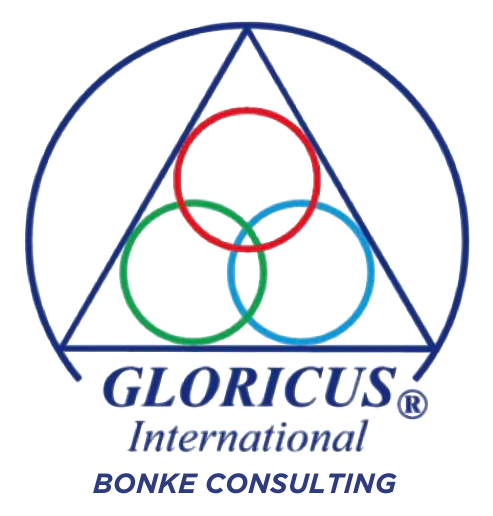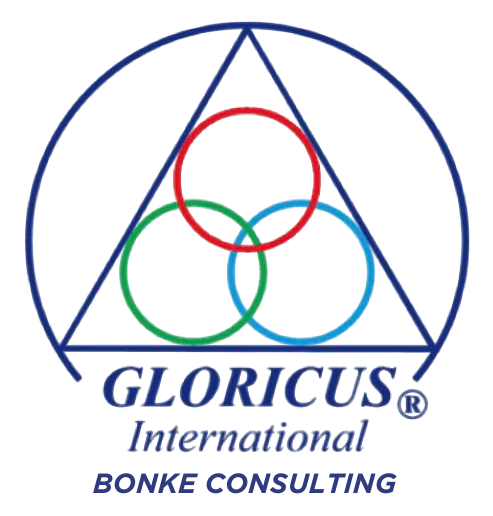Outsourcing Opportunities in Romania
Outsourcing to Romania offers European companies an attractive mix of cost efficiency, skilled talent, and full integration within the European Union. As one of Eastern Europe’s fastest-developing economies, Romania has become a competitive outsourcing destination for both industrial manufacturing and service-based operations, particularly for companies seeking EU-compliant nearshoring solutions.
A key advantage of outsourcing to Romania is its well-educated and technically capable workforce. Romania has strong traditions in engineering, IT, mathematics, and industrial production, supported by a large pool of university graduates and technical specialists. This makes the country well suited for outsourcing activities such as software development, IT services, shared service centers, engineering support, automotive components, metal processing, electronics assembly, and industrial manufacturing.
From a cost perspective, Romania offers significantly lower labor and operating costs than Western Europe, while maintaining good productivity and quality standards. This allows companies to reduce manufacturing and service costs without moving operations outside the EU regulatory framework.
Romania’s strategic geographic position in Southeast Europe supports efficient logistics and supply chain integration. Proximity to Central Europe, access to the Black Sea, and improving transport infrastructure enable outsourcing operations with competitive lead times and manageable logistics costs.
As an EU member state, Romania operates under European legal, labor, and data protection standards, providing regulatory certainty and reducing compliance risk for European companies. Many Romanian suppliers and service providers are certified according to international standards such as ISO, IATF, and sector-specific requirements, supporting high-quality outsourcing partnerships.
Romania has also developed a maturing outsourcing ecosystem, supported by industrial parks, IT hubs, and investment incentives. Numerous multinational corporations have established long-term outsourcing operations in Romania, particularly in IT services, automotive manufacturing, and business process outsourcing, reinforcing the country’s credibility as a reliable partner.
In summary, outsourcing to Romania is well suited for companies seeking cost-efficient, skilled, and EU-based outsourcing solutions. With its strong talent pool, competitive cost structure, regulatory alignment, and growing industrial and digital capabilities, Romania represents a strategic outsourcing destination for sustainable, long-term cooperation within Europe.


